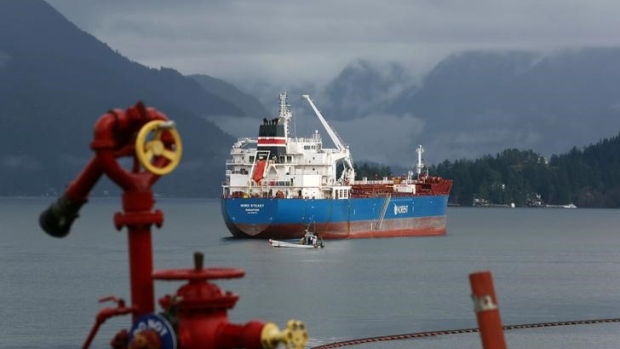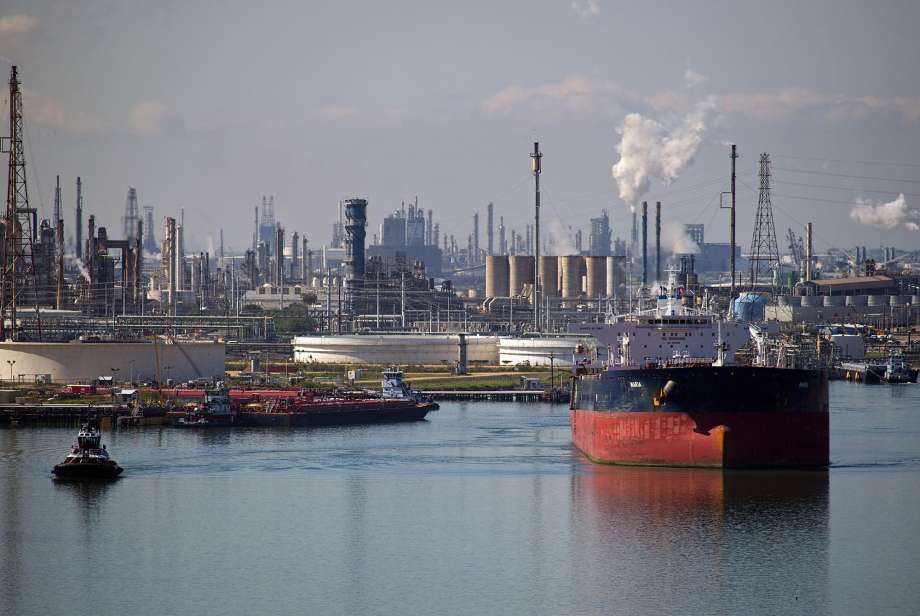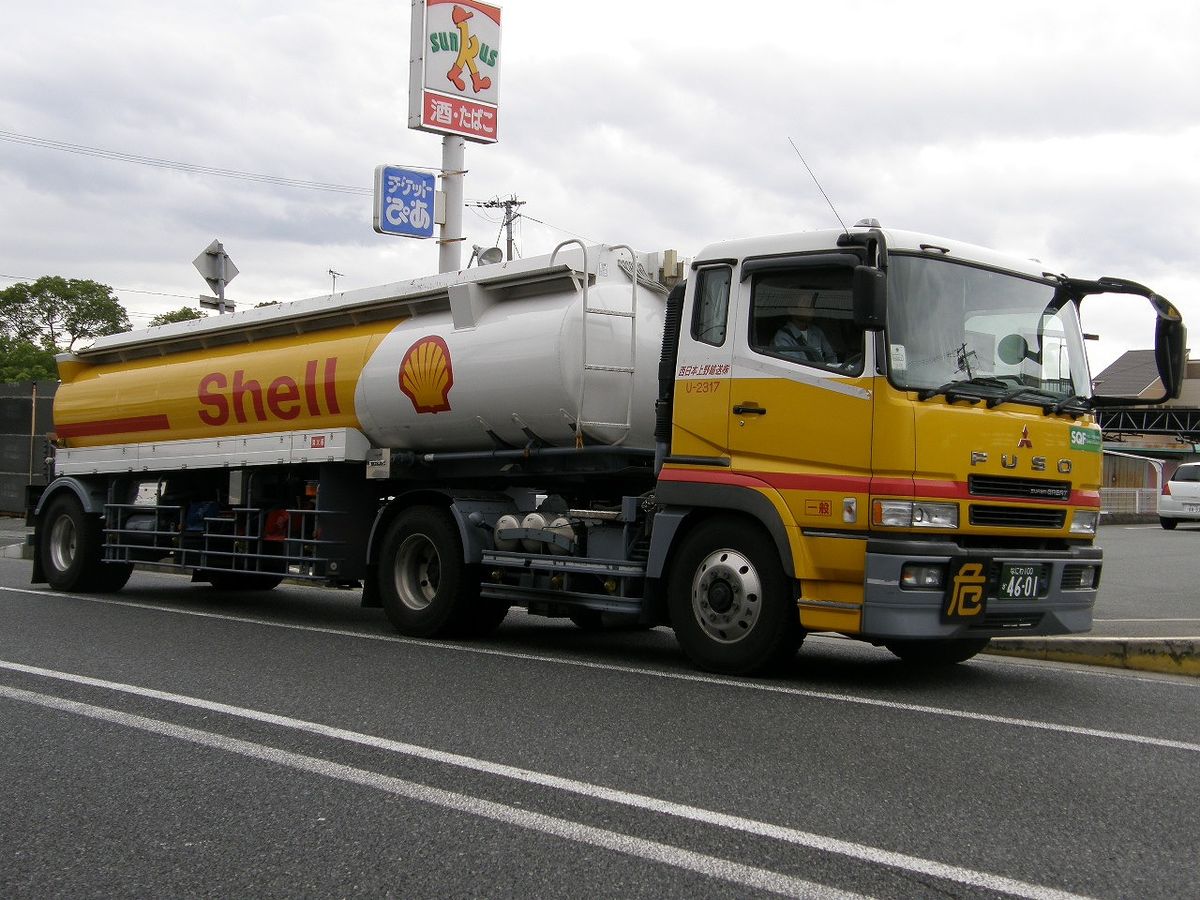DOWNSTREAM( OIL TANKERS, REFINERS, RETAILER AND CONSUMER) BUSINESS PLAN IN NIGERIA
 DOWNSTREAM( OIL TANKERS, REFINERS, RETAILER AND CONSUMER) BUSINESS PLAN IN NIGERIA
DOWNSTREAM( OIL TANKERS, REFINERS, RETAILER AND CONSUMER) BUSINESS PLAN IN NIGERIA
This sample downstream ( oil tankers, refiners, retailer and consumer) business plan in Nigeria can be used for government and non – government business grant applications, for bank loan applications, for writing business proposals, to write business concept notes, for business grant competitions, other competitions and so on. The downstream ( oil tankers, refiners, detailed and consumer) business plan in Nigeria is a very lucrative business idea, and will require a lot of strategic planning to start. You will also need the technical assistance and expertise of a professional business consultant in Nigeria like Dayo Adetiloye to help you in implementing the business plan effectively
BUSINESS DESCRIPTION OF THE DOWNSTREAM (OIL TANKERS, REFINERS, RETAILER AND CONSUMER) BUSINESS PLAN IN NIGERIA
Business: DOWNSTREAM( OIL TANKERS, REFINERS, RETAILER AND CONSUMER)
Industry: OIL AND GAS
PATILAD Oil specializes in oil refining, development of petrochemical plants, with petroleum products distribution, retail outlets and natural gas distribution.
Our company’s products and services will touch every province and territory wherever customers are located and also provide hundreds of products such as gasoline, diesel, jet fuel, heating oil, asphalt, lubricants, synthetic rubber, plastics, fertilizers, antifreeze, insecticides, pesticides, pharmaceuticals, natural gas and propane among others.
The business side of the downstream sector is complex and risky. It is truly a high risk, high reward situation, and is greatly influenced by outside forces, such as the government and several regulatory policies.
The technology is continuously growing and changing because of these policies. The oil and gas industry is always looking for hardworking, skilled workers in all feuds to keep up with these changes.
Problem Statement:
PATILAD Oil operates in the downstream sector of the oil and gas industry, specializing in oil refining, petrochemical plant development, petroleum product distribution, retail outlets, and natural gas distribution. While the company’s ambition is to provide an extensive range of products and services across provinces and territories, it faces multifaceted challenges in the complex and risky business environment of the downstream sector.
- Regulatory and Government Influence:
- Problem: The downstream sector is highly regulated, and governmental policies play a significant role in shaping the industry. Regulatory changes, tax policies, and environmental regulations can significantly impact operations and profitability.
- Solution: Establishing proactive regulatory compliance teams and engaging in continuous dialogue with government bodies to stay informed about upcoming changes. Investing in technologies that align with environmental standards and exploring sustainable practices to mitigate regulatory risks.
- Technological Dynamics:
- Problem: The rapid evolution of technology in response to regulatory policies poses a challenge. Keeping up with technological advancements is crucial for efficiency, safety, and competitiveness.
- Solution: Establishing a dedicated research and development department to monitor technological trends and implement innovations. Forming partnerships with tech companies and fostering a culture of continuous learning and adaptation within the workforce.
- Market Volatility:
- Problem: The downstream sector is subject to market fluctuations influenced by geopolitical events, economic conditions, and global oil prices. This volatility affects profit margins and long-term planning.
- Solution: Implementing risk management strategies, such as hedging, to minimize exposure to market uncertainties. Diversifying the product portfolio and exploring emerging markets can provide stability in the face of fluctuating economic conditions.
- Workforce Challenges:
- Problem: Finding and retaining skilled workers is a constant challenge. The industry’s high-risk nature demands a specialized and knowledgeable workforce, and the aging workforce poses a threat to the continuity of expertise.
- Solution: Investing in training and development programs to upskill the existing workforce and attract new talent. Implementing competitive compensation packages, flexible work arrangements, and fostering a culture of safety to enhance employee satisfaction and retention.
- Infrastructure and Supply Chain Risks:
- Problem: The downstream sector heavily relies on a robust infrastructure and supply chain. Disruptions, whether due to natural disasters, geopolitical tensions, or logistical challenges, can interrupt operations and impact the timely delivery of products.
- Solution: Diversifying supply chain sources and establishing strategic stockpiles to mitigate the impact of disruptions. Regularly assessing and upgrading infrastructure to ensure resilience and efficiency in the face of unforeseen events.
- Environmental and Social Responsibility:
- Problem: Increasing concerns about environmental sustainability and social responsibility demand a shift towards cleaner practices. Failure to adapt can lead to reputational damage and regulatory penalties.
- Solution: Embracing sustainable practices, investing in renewable energy sources, and adopting environmentally friendly technologies. Communicating transparently with stakeholders about the company’s commitment to environmental and social responsibility.
Solution Statement:
To address the multifaceted challenges faced by PATILAD Oil in the downstream oil and gas sector, a comprehensive approach is essential. The following strategies outline the proactive measures the company can adopt to navigate the complexities of the industry:
- Strategic Regulatory Management:
- Establish a dedicated regulatory compliance team to monitor changes in policies and regulations.
- Engage in regular communication with governmental bodies to understand upcoming regulatory shifts.
- Invest in technologies aligned with environmental standards to proactively meet future compliance requirements.
- Implement regular audits to ensure adherence to regulatory guidelines and prevent potential legal issues.
- Technology Integration and Innovation:
- Establish a Research and Development (R&D) department to monitor technological trends and assess their relevance to the downstream sector.
- Form partnerships with technology companies to access cutting-edge solutions for refining, distribution, and safety.
- Implement a continuous learning culture to ensure the workforce is equipped to handle evolving technologies.
- Develop a digital transformation roadmap to optimize processes and enhance efficiency through technological advancements.
- Effective Risk Management:
- Implement risk management strategies, including hedging, to mitigate exposure to market fluctuations.
- Diversify the product portfolio to include higher-margin and less volatile products.
- Explore emerging markets and develop a robust market intelligence system to anticipate trends and shifts in demand.
- Conduct regular scenario planning exercises to prepare for potential geopolitical and economic uncertainties.
- Talent Development and Retention:
- Invest in comprehensive training and development programs to upskill the existing workforce.
- Develop attractive compensation packages and benefits to attract and retain skilled workers.
- Implement flexible work arrangements and foster a culture of safety to enhance employee satisfaction and well-being.
- Establish mentorship programs to facilitate knowledge transfer from experienced workers to new hires.
- Resilient Infrastructure and Supply Chain:
- Diversify supply chain sources to reduce dependency on a single provider and minimize the impact of disruptions.
- Develop strategic stockpiles to ensure a continuous supply of key raw materials and products during emergencies.
- Regularly assess and upgrade infrastructure to enhance resilience against natural disasters and logistical challenges.
- Implement real-time monitoring systems to track supply chain efficiency and address potential bottlenecks.
- Environmental and Social Responsibility:
- Embrace sustainable practices, such as investing in renewable energy sources and reducing carbon emissions.
- Adopt environmentally friendly technologies for refining processes and product development.
- Communicate transparently with stakeholders about the company’s commitment to environmental and social responsibility.
- Develop and implement corporate social responsibility (CSR) programs to positively contribute to local communities.
The Benefits of our Products and Services are;
– Building lasting capabilities
– Employment opportunities
– Supporting a major transformation and economic development in our host community
– Special periodic training for members of staff
– Fair and best possible prices
OUR PRODUCTS AND SERVICES
Our global team of downstream specialists include more than 180 consultants with diverse profiles, ranging from technical experts and data analysts to seasoned external advisors.
Our products include more than a hundred different varieties, ranging from; gasoline, diesel, jet fuel, heating oil, asphalt, lubricants, synthetic oil, plastics, fertilizers, antifreeze, pesticides, insecticides, pharmaceuticals, natural gas and propane among others.
KEYS TO SUCCESS
The keys to the success of the downstream( oil tankers, refiners, retailers, and consumers) business plan in Nigeria are as follows:
– Improving refining systems operations
– Identifying digital solutions
– Increasing refining capacity
– Sustainable sales improvement
– Defining a comprehensive business building strategy
OBJECTIVES OF THE DOWNSTREAM( OIL TANKERS, REFINERS, RETAILERS AND CONSUMERS) BUSINESS PLAN IN NIGERIA
The objectives of the downstream ( oil tankers, refiners, retailers and consumer) business plan in Nigeria are given thus:
– To help clients navigate today’s high – paced and interconnected markets with deep industry experience, rigorous analytics and cutting – edge tools
– To increase our refining capacity
– To achieve operational improvements
– To achieve net profit of in first year, increasing in year two by containing production costs and meeting sales targets
– To reach net profit of $2,000,000 in our first year
 DOWNSTREAM( OIL TANKERS, REFINERS, RETAILER AND CONSUMER) BUSINESS PLAN IN NIGERIA
DOWNSTREAM( OIL TANKERS, REFINERS, RETAILER AND CONSUMER) BUSINESS PLAN IN NIGERIA
GOALS OF THE DOWNSTREAM (OIL TANKERS, REFINERS, RETAILER AND CONSUMER) BUSINESS PLAN IN NIGERIA
The goals of the downstream (oil tankers, refiners, retailer and consumer) business plan in Nigeria are;
– To support a major transformation in our host community
– To be among the leading oil companies in Nigeria
GOALS OF THE DOWNSTREAM (OIL TANKERS, REFINERS, RETAILER AND CONSUMER) BUSINESS PLAN IN NIGERIA
Our vision for Patilad Oil is; To deliver quality services through the use of cutting – edge technology in Nigeria. We want to expand throughout the continent.
GOALS OF THE DOWNSTREAM (OIL TANKERS, REFINERS, RETAILER AND CONSUMER) BUSINESS PLAN IN NIGERIA
The mission of the downstream (oil tankers, refiners, retailers, and consumer( business plan in Nigeria is:
To invest deeply in developing tools and methodologies to decode and translate complex global markets into relevant insights for our customers/clients
Building lasting capabilities is also central to our mission
GOALS OF THE DOWNSTREAM (OIL TANKERS, REFINERS, RETAILER AND CONSUMER) BUSINESS PLAN IN NIGERIA
The management team of Patilad Oil is made up of these people;
Denzel Shola: He is a founding partner and owner of the company, and has has over thirty years of experience in the downstream sector of industry, having worked for a top oil producing company in Dubai. Shola is well aware of the high risk nature of the business and is willing to establish his oil company here in Nigeria. He is an engineering graduate from the University of Ibadan, and has several degrees in the engineering profession.
Dayo Adetiloye: ( B.AGRIC, MBA, and PMP). He has over fifteen years of experience in business management, business start – up dynamics, financial management of business and overall business growth and development. He is an alumnus of the Enterprise Development Centre ( EDC), of the Lagos Business School( LBS) Pan African University( PAU). He is our business development strategist and a strategic partner of the company.
We brought to this business;
– Educational skill and practical experience in the downstream sector of industry
– The capacity to consistently deliver quality services
– Quality assured products and services
– High – tech products and services
– Our team bring operational, promotional, marketing and technical skills to the business
GOALS OF THE DOWNSTREAM (OIL TANKERS, REFINERS, RETAILER AND CONSUMER) BUSINESS PLAN IN NIGERIA
For over thirty years now, I have served with a top oil company in Dubai, and feel I’ve got adequate experience and numerous exposure to the scientific and practical aspects of this business. I have expertly mastered the technical requirements, financial management, staff recruitments and organizational skills among other necessary factors, which are required to give our company a good commendation from our clients and major competitors. My managerial skill has also helped me in putting together a workforce for over five years, and also to coordinate the teamwork in most aspects of the company.
I am the CEO of the company, and will be involved in monitoring the daily processes and activities of the company
 DOWNSTREAM( OIL TANKERS, REFINERS, RETAILER AND CONSUMER) BUSINESS PLAN IN NIGERIA
DOWNSTREAM( OIL TANKERS, REFINERS, RETAILER AND CONSUMER) BUSINESS PLAN IN NIGERIA
GOALS OF THE DOWNSTREAM (OIL TANKERS, REFINERS, RETAILER AND CONSUMER) BUSINESS PLAN IN NIGERIA
The following facilities and materials are required for the downstream( oil tankers, refiners, retailer and consumer) business plan in Nigeria:
Refinery facility, office building, petrochemical plants,clerical equipments and materials, company vehicles, trucks and a whole lot of facilities
GOALS OF THE DOWNSTREAM (OIL TANKERS, REFINERS, RETAILER AND CONSUMER) BUSINESS PLAN IN NIGERIA
Our high level of patronage is due to the following reasons:
– Our use of cutting – edge tools and equipments
– Top notch oil and gas products and services
– Our customer – centric company culture
– Prompt and highly effective service delivery
– Fair and best possible pricing system.
Our three main competitive advantages are:
1. Our customer – centric company culture
2. Prompt and highly effective service delivery
3. Fair and best possible pricing system
For the remaining part of the downstream(oil tankers, refiners, retailer and consumer) business plan in Nigeria, including the detailed financial analysis; pls contact any of our business consultant on: 08105636015, or 08076359735, or send an email to dayohub@gmail.com
We help institutions, business organizations and individuals to write business plans, and business concept notes, and also carry out trainings for writing business plans
We can help you write a detailed, strong and winning business plan in Nigeria for any purpose whatsoever, contact any of our business consultant on: 08105636015, or on 08076359735, or send an email to us at dayohub@gmail.com
Click to buy this business plan now & download it immediately from our online store.

Related